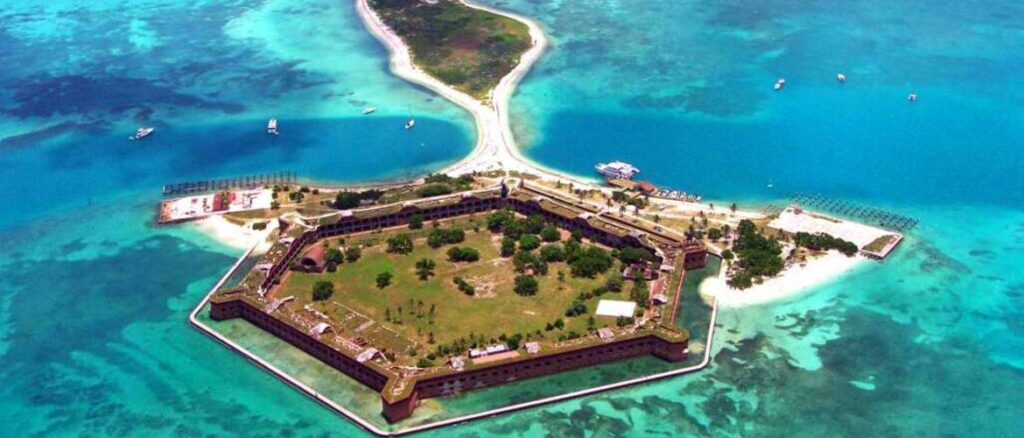Written by Dalia Colón for Florida Vacations For Travelers With Disabilities, 2022
Growing up in Orlando, Farhan “Ronny” Ahmed was the outdoorsy type—an Eagle Scout whose mom took him to beaches and state parks, canoeing and fishing.
But after a random act of violence left the college student in a wheelchair, getting back to nature was the last thing on his mind.
“It was so chaotic and something that my family had never dealt with before,” says Ronny, who is currently working on his engineering degree at Florida State University.
Life worth living—and leading
Then two blondes walked into his hospital room. Gabrielle Gabrielli was a Tallahassee scuba instructor who specialized in working with veterans and people with disabilities. Bodi was her therapy dog, a rescued golden retriever.

“All I had heard was that he loved the outdoors and he was an Eagle Scout, and so I thought, ‘This is the perfect match for what I do,’ and that it could really give him relief from pain [and] a sense of mobility and freedom that he doesn’t get on land,” Gabrielle says.
Ronny was still recovering from two gunshot wounds. Gabrielle offered to help him get his scuba certification. He said no. Undeterred, Gabrielle told Ronny to contact her when he got out of rehab. So he did.
That was in 2014. Today, Ronny is an avid diver, accompanying Gabrielle’s nonprofit group, Life Worth Leading, on scuba trips all over Florida.
“He’s a little brother to me,” says Gabrielle, who bonded with Ronny over their shared love of rescuing animals. (Her therapy dog, Bodi, has since passed away.)
Ronny finds the dives therapeutic, and he hopes to inspire others to seek physical and emotional healing in Florida’s waters.

“I have a lot of nerve pain and especially a lot of GI and constipation pains from getting shot, and scar tissue and all that kind of stuff,” Ronny says. “Being in the water is pretty much the only time I’m not in pain.”
Gabrille knows a thing or two about pain herself. She has rheumatoid arthritis and leukemia, along with other health issues from being exposed to toxins at Ground Zero.
“The pain is pretty consistent, except when I exercise,” Gabrielle says. “It’s a natural healer, so the pain just goes away.”
Both Gabrielle and Ronny cite the long-lasting benefits they feel from breathing pressurized air during a dive.
“It’s also residual,” Gabrielle says. “So with other activities like cycling, I might get an hour or two of relief. But with scuba diving, I might get eight additional hours of relief after I’m out of the water. So it’s just awesome. Plus, the experience itself is fabulous.”
Fabulous, indeed.
“I have lived in other countries, and there is something really special about Florida,” says Gabrielle, who grew up a military brat and became passionate about scuba after taking it as an elective in college. A wheelchair-bound friend inspired her to lead dives for people with physical disabilities. “Year round, there’s endless amounts of diving to do,” Gabrielle says, from the Gulf of Mexico to the Atlantic Ocean to the state’s hundreds of freshwater springs.
For beginners, Ronny recommends Blue Heron Bridge in West Palm Beach—“a super-easy dive,” he says.
Ronny also gushes about diving in the Keys.

